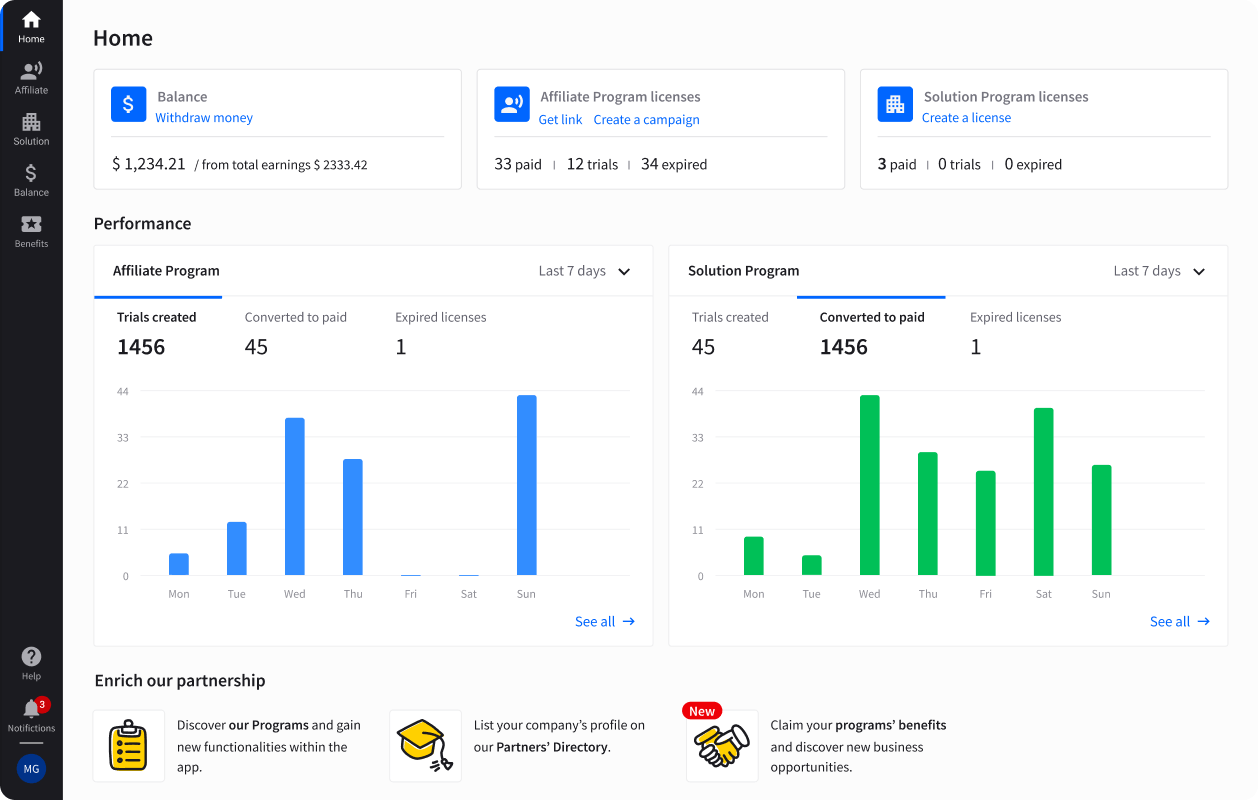Showing top 0 results 0 results found
Showing top 0 results 0 results found

In your industry, high volume commercial keywords are expensive. This happens because of numerous advertisers are bidding on the same phrases with the intention to drive more sales and generate new leads.
Of course, you can go ahead to join this battle and bid on prominent keywords. However, this might make your budget thin in no time.
Let’s say, you’re bidding on a keyword that’s searched 10 thousand times monthly.
Having around 5% click-through rate, a 10% conversion rate, and a 20% close rate, you can expect to close about ten sales from that keyword monthly.
But high competition makes things a little more complicated.
Competition in Adwords indicates how many people are trying to rank for a given keyword and it impacts your cost per click.
When the competition is low, then cost per click will be relatively low either and then bidding on a keyword gets cheaper. On the contrary, high competition makes your CPC high and then bidding gets expensive.
As a result, only market giants can afford Adwords campaigns targeting the most competitive phrases. So if you don’t work for Amazon, better think of other ways to achieve your goals.
And this is where our lesson starts.
Once you perform your keywords research and add your keyword list to Google Keyword Tool to have all these vanity metrics before your eyes, you must enter some math to calculate your conversion opportunity and your total costs coming out of your campaign to predict if it's worth it.
But when you do it, remember that more significant search volume doesn’t always contribute to more conversions and revenue.
Sometimes a keyword of 2,000 estimated clicks will bring you just one conversion, while keyword of only 100 estimated clicks will result in 20 conversions.
It’s the beauty of highly targeted commercial keywords!
Bear in mind that if you offer a cheap product, then CPC costs can’t exceed its price. So if you are selling a solution for $20, you can’t accept the cost per conversion of $19 because that would take thousands of sales to become profitable.
To illustrate it better, let’s take a keyword of $5 CPC and the average conversion rate of 2.70% per 1,000 clicks.
Here, you can get about 27 conversions out of it, and conversions don’t always end up with purchases.
This also would imply that you are a big spender because you just paid $5,000 to get 27 conversions. Always optimize the cost of your keywords and bid lower or higher depending on the value of your products.
The Adwords game depends on multiple factors. One of them is keyword intent that tells you where in the sales/marketing funnel your user is, or in other words, if a user is purchase-ready. You can read more about keyword intent on the Convince & Convert blog.
Keywords of high commercial intent lead to quick wins, while low intent keywords usually aren’t suitable for Adwords campaigns because at this point customer journey is still too long.
Let’s dive deeper into keywords intent to give you some more insights into keywords nature and their application in your Adwords campaigns.
Keyword Intent - Your Secret to Attracting The Right Traffic
Informational keywords
Informational keywords can be characterized by decent search volume, but at the same time using them for your Adwords strategy won’t bring you conversions. It’s because these keywords are used to acquire information.
Searchers who use informational keywords are at the top of the marketing funnel, and they are just starting their journey with a topic and probably your solution.
You can recognize informational keyword by “question words” as they usually contain: “where...” and “how to.”
They are not commercial and probably won’t bring you revenue, so with your Google Ads, you want to target the keywords of other intent.
Navigational keywords
These keywords serve searchers who know your brand well, but don’t know its exact URL or navigation, so they type in search box several combinations:
- brand name,
- brand name + contact,
- brand name + pricing.
Here, user intent is finding the relevant page in the search results and simply get to the site to perform an action.
When you own a well-known and popular brand, then navigational keywords are used in Adwords campaigns by competitors and this makes you bid for your brand term. Simply to pop up at the top.
Commercial keywords
These are keywords you are looking for when preparing your Adwords campaign.
Although commercial keywords make a broad category, they can be characterized by a great deal of probability of bringing to the site purchase ready and well-targeted users.
When you are trying to determine commercial keywords for your industry, perform Google search. Insert your keywords into Google and check what type of sites pop up and see whether there are paid ads for the given keyword.
Alternatively, use SEO software that can automatically throw the report for all your phrases and save you time from the manual search.
Check if keywords intent complies with your expectations and there are some Google Ads for it, then you have it!
Transactional keywords
Comparing transactional keywords to commercial keywords we can say that transactional phrases bring up even more targeted users that are not only purchase-ready, but purchase focused. They want to buy and they want to buy now. As a result, these phrases are great for your Adwords campaigns.
Transactional keywords feature terms:
- brand name + buy,
- brand name + subscribe,
- brand name + signup,
- brand name + reviews,
- brand name + alternatives.
Also, they can be more specific and describe your product or service more precisely. For instance:
- Isabel Marant boots crisi taupe
- Best live chat software
Knowing the intent behind your keywords lets you group them into smaller, more specific subgroups of AdWords keywords. And keyword grouping is the key to creating tighter, better-organized AdWords campaigns and can have a positive impact on your performance.
Wrapping up
Another critical factor for a successful Adwords campaign is your experience with paid campaigns. No matter, if you set up your campaigns yourself or manage the performance agency you need to learn it to get it right. If you have not done it before you hardly have an idea on how it will work and what strategy will bring you revenue.
From Google Keywords Tool’s forecasts, it’s not possible to predict the accurate results.
Putting your hands on Adwords is an experimental game for a beginner.
And what you have to do here is constant testing. You should be always experimenting with the content of your ads, keywords selection; markets and observe what moves to push your performance in the right direction.
You should be continually in the search for optimization opportunities and over time you will understand what works for your brand best.
Hope you liked this article. If you have any questions, then feel free to ask your them in the comments below. And I will get back to you on it.



